The first case of Coronavirus has been reported on the Isle of Wight. One case has been confirmed on the Island, according to the Government’s official website of Covid-19 cases. Specialists from Public Health England (PHE) are working with the Isle of Wight Council and NHS colleagues following a confirmed case of coronavirus (COVID-19) on the Island. The individual is now being treated appropriately and in isolation. Alison Barnett, Centre Director for Public Health England South East, said: “Public Health England is contacting people who had close contact with a person who is a resident of the Isle of Wight and had recently returned from overseas travel. “Those identified will be given health advice about symptoms and emergency contact details to use if they become unwell in the 14-day intervening period. “If you have not been contacted by Public Health England as a close contact of the confirmed case, you do not need to take any action at this time. “This tried and tested method will ensure we are able to minimise any risks to those contacted and the wider public.” The Isle of Wight Council’s Director of Public Health, Simon Bryant, said: “We are working with health colleagues to do everything we can to stop the virus spreading and ensure that people on the Island are protected as much as possible.” Current evidence indicates that most cases appear to be mild, with patients experiencing flu-like symptoms. Older residents or those with weakened immune systems or long-term conditions may experience more severe symptoms. Health and local authorities are strongly encouraging people to follow national government guidance to prevent further spread of the illness and limit the numbers affected. This guidance includes taking basic hygiene precautions as the best way of significantly reducing the chances of spreading any virus: sneeze or cough into a tissue, bin it, wash your hands frequently and don’t touch your face unless you’ve just washed your hands. Mr Bryant added: “These are the same simple steps we all should be taking to avoid other illnesses - such as flu - which are also around during the winter. “It is important that residents help protect themselves and others. “If you have recently travelled to an affected area or been in contact with someone who has, and you think you have symptoms associated with the coronavirus, you should not go to A&E or your doctor but self-isolate yourself at home and use the NHS 111 online coronavirus service that can tell if you need medical help and advise you what to do https://111.nhs.uk/covid-19, or ring NHS 111


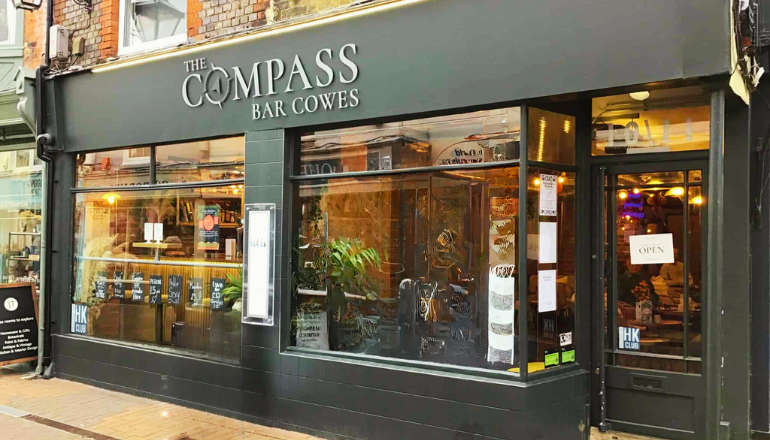 Cowes Cocktail Bar Set For Alfresco Development
Cowes Cocktail Bar Set For Alfresco Development
 Have Your Say On Isle Of Wight Dementia Care And Support
Have Your Say On Isle Of Wight Dementia Care And Support
 His Majesty The King Recognises Cowes RNLI Crew For Their Service
His Majesty The King Recognises Cowes RNLI Crew For Their Service
 Northwood Parish Council In Speed Reduction Proposal For Busy Road
Northwood Parish Council In Speed Reduction Proposal For Busy Road
 Contentious Healthfield Campsite Development Freshwater Plans Resubmitted
Contentious Healthfield Campsite Development Freshwater Plans Resubmitted
 RSPCA Reveals Shocking 25% Increase In Pet Neglect Reports Compared To Last Year
RSPCA Reveals Shocking 25% Increase In Pet Neglect Reports Compared To Last Year
 Christmas Waste And Recycling Details For Isle Of Wight
Christmas Waste And Recycling Details For Isle Of Wight
 Shanklin's Luccombe Manor Granted Expansion Approval
Shanklin's Luccombe Manor Granted Expansion Approval
 Joe Robertson Calls For Freeze In Parking Fares Following Small Business Saturday
Joe Robertson Calls For Freeze In Parking Fares Following Small Business Saturday
 Woman In Hospital After Being Hit By Bus In Newport
Woman In Hospital After Being Hit By Bus In Newport
 French Franks Ryde Expansion Plans Revealed
French Franks Ryde Expansion Plans Revealed
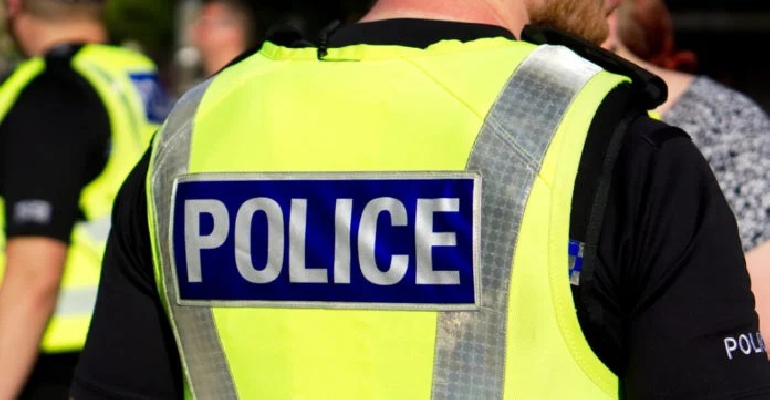 Emergency Services Called To Brading Bridleway Crash
Emergency Services Called To Brading Bridleway Crash
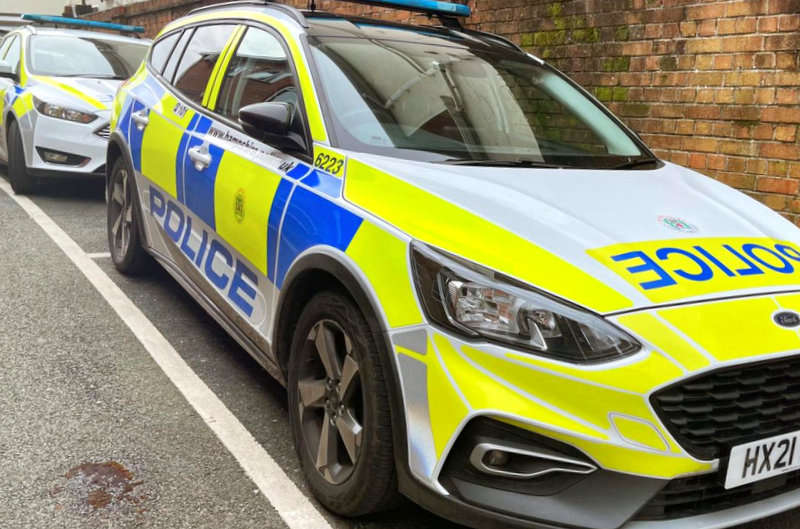 Thousands Of Pounds Worth Of Drugs Off Streets In Hampshire And The Isle Of Wight
Thousands Of Pounds Worth Of Drugs Off Streets In Hampshire And The Isle Of Wight
 Mixed Feedback For Proposed 14-House Northwood Development
Mixed Feedback For Proposed 14-House Northwood Development
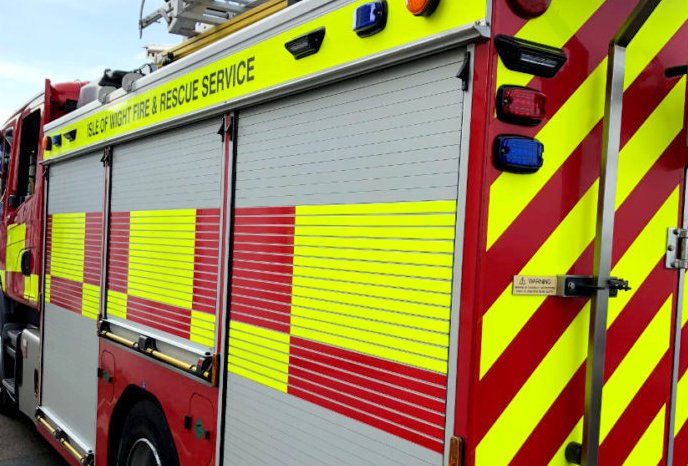 Investigation Underway After Ryde Fire Leaves Property Severely Damage
Investigation Underway After Ryde Fire Leaves Property Severely Damage
 Lord Louis Library 'Sharing The Light' In Nationwide Show Of Solidarity
Lord Louis Library 'Sharing The Light' In Nationwide Show Of Solidarity
 Embracing Age Supporting Care Home Residents Without Family Or Suffering Isolation This Month
Embracing Age Supporting Care Home Residents Without Family Or Suffering Isolation This Month
 Isle Of Wight Gym Scoops Prestigious National Fitness Industry Award
Isle Of Wight Gym Scoops Prestigious National Fitness Industry Award
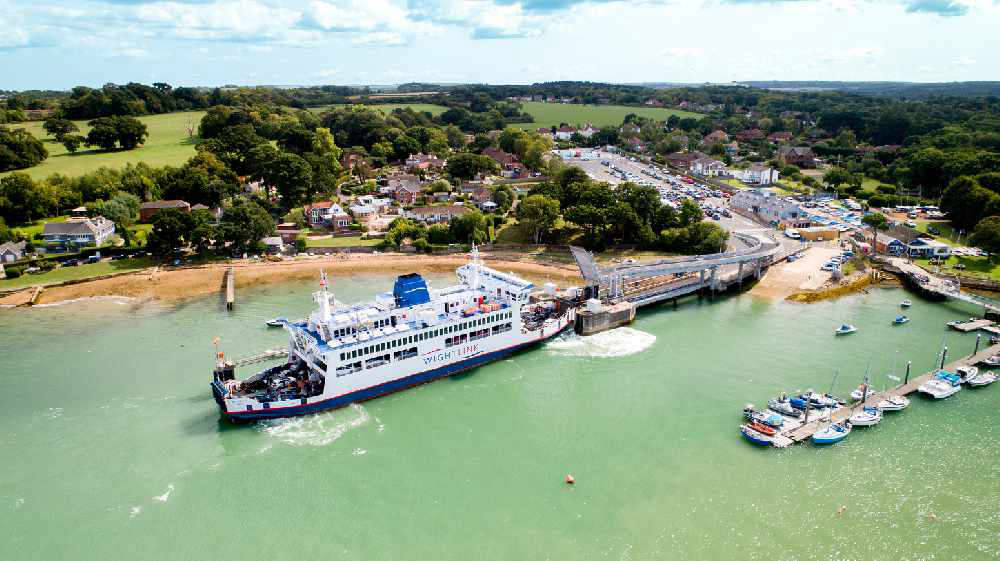 Wightlink Releases Storm Darragh Travel Statement
Wightlink Releases Storm Darragh Travel Statement
 Drug Supply Lines Disrupted On Isle Of Wight During National Week Of Intensification
Drug Supply Lines Disrupted On Isle Of Wight During National Week Of Intensification


